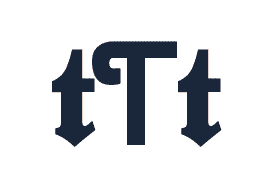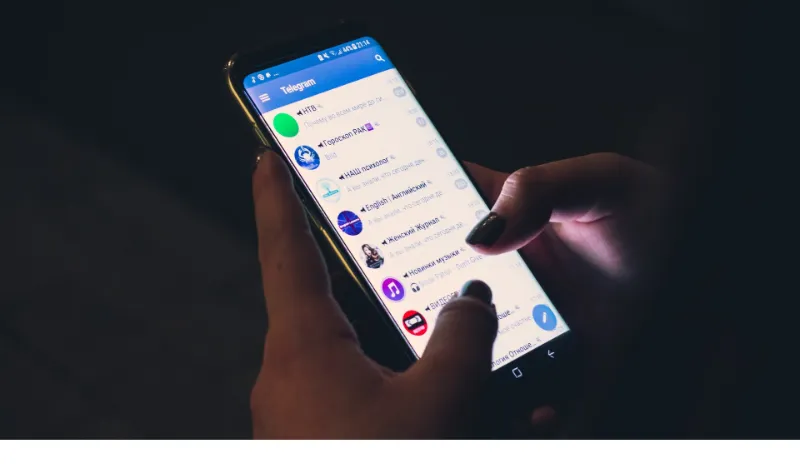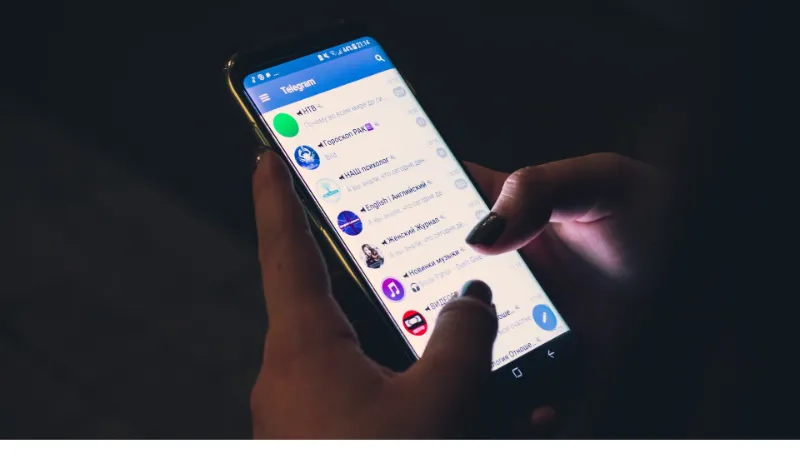In today’s digital age, communication has never been easier. With many apps available, staying connected is just a click away.
Among these, WhatsApp has emerged as a clear leader, being used by millions worldwide. However, did you know there’s another version of this popular app, WhatsApp Business?
Catered to businesses, it’s a slightly different beast, offering unique features tailored to meet business needs.
Let’s dig into the heart of the matter and explore the differences between WhatsApp and WhatsApp Business.
What Are The Difference Between WhatsApp and WhatsApp Business?
Here are the seven (7) key differences between the two;
Difference 1. Purpose of Usage
The most fundamental difference between WhatsApp and WhatsApp Business is their intended usage.
While WhatsApp serves primarily as a platform for personal communication, WhatsApp Business is engineered to cater to business needs.
You might be thinking, “Why would someone use a business WhatsApp?”
Businesses of all sizes use it to interact professionally with customers, making it a powerful tool for customer service and engagement.
It’s designed to help businesses connect with their customers, respond to queries, showcase their products or services, and even automate some processes.
On the other hand, regular WhatsApp is perfect for casual, personal conversations with friends, family, and acquaintances.
It covers a wide range of personal communication needs, from sharing photos and videos to sending WhatsApp verification codes to emails.
Difference 2. Business Profile
The next significant difference lies in the presence of a business profile on WhatsApp Business.
This feature allows businesses to present a professional image and provide their customers with useful information right at their fingertips.
When you set up a WhatsApp Business account, you can create a detailed business profile with information such as your business name, description, website, email address, and business hours.
This profile is visible to everyone you chat with, making it easy for potential customers to find and contact your business.
On the contrary, regular WhatsApp doesn’t offer this feature. While you can set a profile picture and a status, there’s no dedicated space to provide detailed information about a business or a service.
Difference 3. Messaging Tools
Regarding messaging tools, WhatsApp Business again takes the lead with its comprehensive suite designed to streamline customer communication.
One such tool is Automated Messages. Ever wondered, “Is WhatsApp Business better than WhatsApp?” when dealing with customer queries?
Here’s your answer. With automated messages, you can set up greeting messages for new customers or send away messages when unavailable.
You can also set up quick replies for frequently asked questions, saving time and ensuring prompt replies to customer queries.
On top of that, WhatsApp Business has the Labels feature, enabling you to organize chats and contacts.
You can label them for quick identification and sorting, say, ‘New Customers,’ ‘Orders Completed,’ or ‘Pending Payments.’
WhatsApp, in contrast, lacks these business-oriented messaging tools. Its focus is to provide a platform for easy and seamless personal communication rather than streamlining business conversations.
Difference 4. – Multiple Users
Another unique feature of WhatsApp Business is its compatibility with multiple users. This is a crucial factor for businesses with more than one person managing customer communication.
With WhatsApp Business, you can use the WhatsApp Business API to integrate the app with other business systems or your website.
This allows multiple team members to respond to customer queries from their computer, making it easier to manage customer interactions effectively.
For instance, this solves issues such as being unable to join a WhatsApp group without admin permission on regular WhatsApp, a problem businesses often face when managing large teams.
On the other hand, regular WhatsApp doesn’t support multiple users. One phone number can only be associated with one device at a time, limiting its use for larger teams or businesses.
Difference 5. – Catalog Feature
The Catalog feature is another critical differentiation between WhatsApp Business and WhatsApp. This unique feature lets businesses showcase their products or services directly on the app.
By creating a catalog, you can display a collection of products or services along with information such as descriptions, prices, and product codes.
Customers can browse through this catalog and learn about your offerings without exiting the chat or visiting another website.
For example, a clothing boutique can create a catalog of their new arrivals, complete with pictures, sizes, and prices.
This feature brings a virtual storefront to your WhatsApp Business profile, helping customers easily browse and select products.
Difference 6. Analytics
Analytics is another unique feature of WhatsApp Business that sets it apart from regular WhatsApp. Understanding customer interaction is crucial for any business; this is where the analytics feature comes in handy.
WhatsApp Business offers “Messaging Statistics“, where you can access key metrics like the number of messages sent, delivered, read, and received.
This feature is instrumental for businesses to track their performance, customer engagement, and response rate, helping them make informed decisions to improve their services.
On the other hand, regular WhatsApp does not provide any such analytics or insights, focusing instead on providing a simple and efficient platform for personal communication.
Difference 7. Cost
The last notable difference we will be discussing is the Cost.
While both WhatsApp and WhatsApp Business apps are free to download and use, there’s a cost when you decide to use the WhatsApp Business API.
The WhatsApp Business API is designed for larger businesses that need to manage large volumes of messages and want to integrate WhatsApp with their other business systems.
WhatsApp charges businesses for messages sent through the API after a certain period.
For instance, session messages (messages sent in response to a customer-initiated conversation within a 24-hour window) are free.
But template messages (such as notifications sent after the 24-hour window) are chargeable.
In contrast, regular WhatsApp is completely free for all messages and calls, making it an ideal choice for personal use.
Frequently Asked Questions (FAQ)
Now that we’ve explored the seven major differences between WhatsApp and WhatsApp Business, let’s delve into some frequently asked questions about these platforms.
Q1. Is WhatsApp Business better than WhatsApp?
The answer depends on your needs. Regular WhatsApp is a better choice for personal use due to its simplicity and focus on personal communication.
However, if you’re running a business, WhatsApp Business provides several additional features tailored to business communication, like a business profile, automated messages, catalog features, and analytics.
Q2. Can I use WhatsApp Business as normal WhatsApp?
Yes, you can use WhatsApp Business just like regular WhatsApp for sending messages, making calls, etc. But keep in mind, the primary purpose of WhatsApp Business is to facilitate business communication.
Q3. Why would someone use a business WhatsApp?
WhatsApp Business is a great tool for businesses to connect and interact with their customers.
It offers features like a business profile, automated messages, catalog feature, and analytics to make business communication more effective and organized.
Q4. What are the disadvantages of WhatsApp Business app?
Some potential disadvantages could include the need for more active management due to additional features and the costs associated with using the WhatsApp Business API.
However, the benefits for businesses, like improved communication and customer engagement, generally outweigh these.
Conclusion
So, there we have it, the key differences between WhatsApp and WhatsApp Business. While both platforms share the same core messaging functionality, they are designed for distinct purposes and audiences.
WhatsApp serves as a personal communication platform, while WhatsApp Business has several additional features tailored to meet business communication needs.
From unique business profiles and advanced messaging tools to the catalog feature and insightful analytics, WhatsApp Business truly shines for small to medium-sized businesses aiming to streamline customer communication.
However, regular WhatsApp retains its appeal for individuals seeking an easy-to-use, cost-free communication platform.
The choice between the two ultimately depends on your specific needs and objectives. Understanding these differences will help you make the most of what each platform has to offer.









